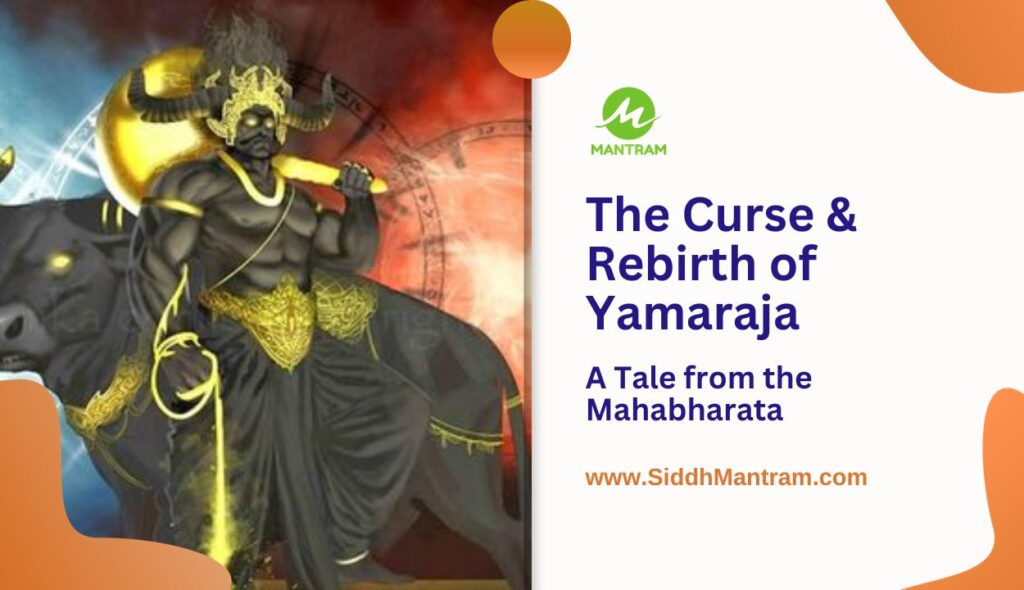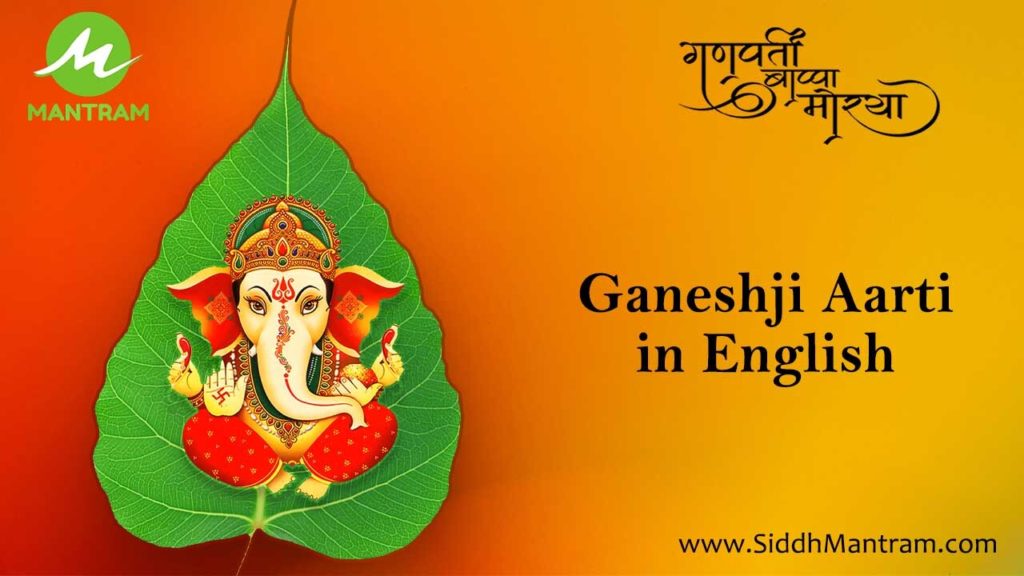In the epic Mahabharata, there is a captivating tale about Yamaraja, also known as Dharmaraja, the lord of death and justice.
He is revered for his unwavering commitment to righteousness and his impartiality in delivering justice, symbolizing fairness and justice.
The story takes place in a kingdom plagued by a group of cunning and elusive thieves who have struck fear into the hearts of the people. The king’s law enforcement found it increasingly difficult to catch these crafty criminals due to their cunning tactics.
One day, as the thieves fled after committing a robbery, they sought refuge in the hermitage of the sage Mandavya.
Sage Mandavya was deeply engrossed in meditation, unaware of the commotion outside his hermitage. The police mistakenly identified the thieves as the hermitage’s residents, and as a result, Mandavya and his disciples were wrongly accused of being the thieves.
In a hasty judgment, Mandavya and his disciples were sentenced to be impaled on a stake. Astonishingly, they survived the punishment.
This bizarre turn of events reached the king, who investigated and discovered the truth. Mandavya explained the injustice, and the king, consumed by guilt, sought forgiveness and ordered the release of the innocent sage.
Feeling the weight of his ordeal, Mandavya decided to meet Yamaraja in the celestial realm. He confronted Yamaraja about the unjust punishment, and Yamaraja explained that it was the result of Mandavya’s past actions.
Yamaraja recounted that in his childhood, Mandavya had unintentionally harmed a tiny creature with a blade of grass, which had karmic consequences.
In response to Yamaraja’s explanation, Mandavya felt that the punishment was disproportionate and cursed Yamaraja, prophesying that he would be reborn as a Shudra woman.
This curse eventually manifested during the Mahabharata era when Yamaraja was reborn as a Shudra woman named Sughada, who later gave birth to Vidura, a wise and virtuous advisor in the Mahabharata.
This compelling story highlights the complexities of karma and the profound impact of even the smallest actions. It serves as a reminder that justice should always be balanced with compassion and understanding.
Yamaraja’s rebirth as Vidura adds depth to the epic, making it not just a tale of great battles but also a repository of moral lessons and timeless wisdom, emphasizing the importance of righteousness and the consequences of one’s actions.



